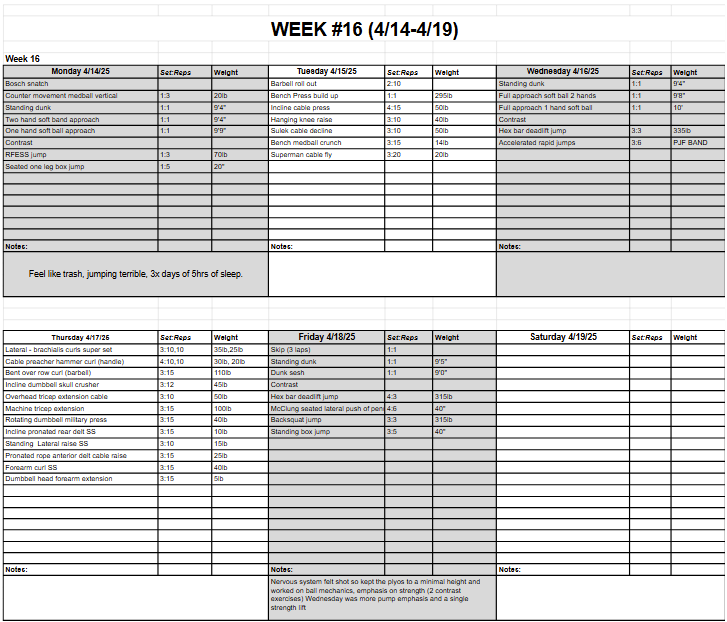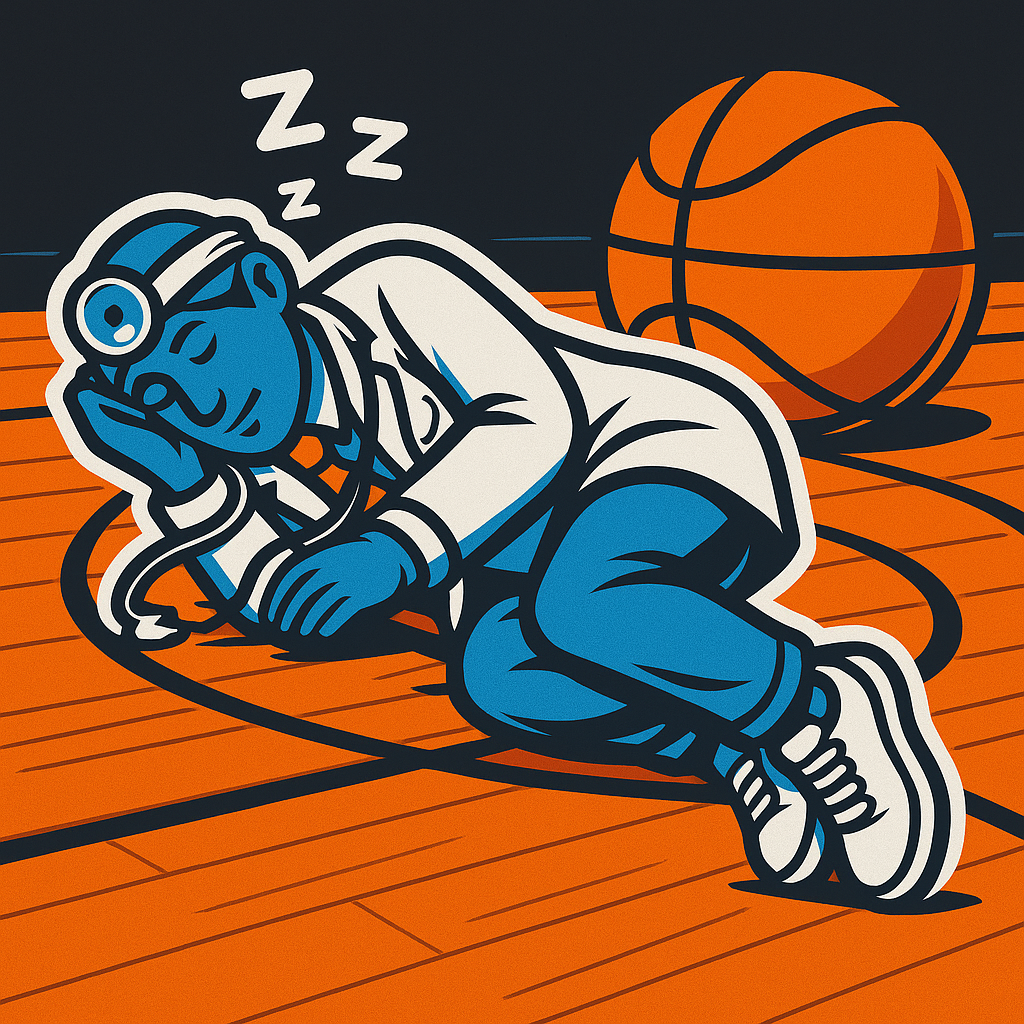I can’t believe I’m writing this a month later—my notebook from that week might as well be a black hole. What I remember most vividly is how I was dragging myself through three plyometric sessions on barely five hours of sleep per night. That little detail felt insignificant at first—“I’ll power through,” I told myself. But the truth is, running your body on five hours when you know you need seven to eight is like trying to torch through canyon walls with a soggy blowtorch. You might get sparks, but you’ll never breach the barrier.
When I finally paused to reflect, the science slapped me in the face. A recent meta-analysis found that acute sleep deprivation reduces explosive power by nearly 40 percent and slows high-intensity speed by over 60 percent—exactly how my legs felt when I limped into the gym for my third session of the week PMC. Every jump felt muted, every sprint sluggish. It wasn’t just subjective fatigue; measurable drops in performance were happening. Imagine trying to fire Roman candles with wet matches—you get a flicker, then nothing.
Beyond slowed performance, the research highlights a cascade of biochemical consequences. Partial sleep deprivation spikes inflammatory markers—IL-6 and C-reactive protein climb, signaling your body to batten down the hatches instead of building new muscle tissue PMC. In my case, that meant joint stiffness lingered longer, and muscle soreness crashed in waves rather than tapering off. It’s like your body sets up roadblocks on every recovery avenue, leaving you gridlocked between workouts.
Hormones don’t escape unscathed either. I remember checking my mood mid-block and feeling more wired than usual—only to realize my cortisol was likely through the roof, while growth hormone pulses that rebuild muscle fibers were MIA. A controlled trial on resistance-trained athletes showed that total sleep loss elevated cortisol/testosterone ratios and blunted IGF-1 levels, even though strength recovery wasn’t statistically delayed PubMed. In plain English: my body was in a catabolic state, tearing down more than it could build up.
That felt like driving a sports car with the parking brake on. Every heavy lift or depth jump carried an extra layer of friction, and the mental edge I associate with plyometrics—explosive intent, razor-focus—had all but vanished. The workout that usually has me buzzing like I downed three espressos was reduced to a checkbox chore.
One thing I leaned on is the simplicity of box jumps. There’s no overthinking: you load the stretch-shortening cycle, you explode, you land. But even box jumps betrayed me that week. A systematic review underscores their value for honing landing mechanics and stretch-shortening efficiency—critical for both performance and injury prevention ScienceDirect—yet without adequate sleep, my landing felt sloppy. I’d hit the top of the box but wobble on landing, like a tightrope walker who skipped leg day.
I can still see myself, mid-flight, thinking, “C’mon, you’ve done this a thousand times.” But the body had its own agenda, and science confirms that neural drive to muscles is compromised under sleep debt. Fast-twitch fibers misfire, coordination falters, and what should feel instinctual becomes awkward. It was a humbling reminder that no matter how seasoned you are, you can’t out-smart physiology.
Wrestling with that week’s failures forced a reckoning: if I respect my own advice about loading and potentiation, I have to extend the same respect to recovery. Sleep isn’t a passive state where gains happen by accident; it’s the prime time when your body reads its blueprint, patches microtears, and refuels neurotransmitter pathways. Skimp on sleep, and you’re essentially building a house on shaky ground.
Now, I’m treating sleep like a training partner. I’ve instituted a strict “lights out” policy at a consistent hour, avoiding screens and ambient noise beforehand. I’m logging those precious five to six extra hours I’d once shrugged off. It feels almost indulgent—like hitting the spa instead of the squat rack—but research shows that sleep extension alone can improve athletic performance, mood, and metabolic health—even if it doesn’t replace every aspect of training Nature.
Reflecting back, I see that week as a valuable lesson wrapped in discomfort. I’ll never forget the sensation of my body begging for mercy, of neural pathways dragging like wet rope. But by embracing sleep as a core component of my program—right alongside squats, sprints, and box jumps—I’m setting the stage for gains that don’t fizzle out by Wednesday.
So tonight, I’m tucking in early, knowing that each hour of shut-eye is an investment in my next jump, my next sprint, and my next victory over gravity itself. Because in the end, you can’t cheat sleep any more than you can cheat physics—and that’s a truth worth writing home about.

